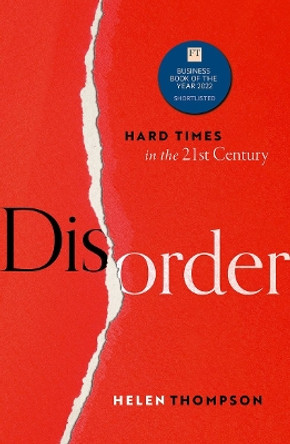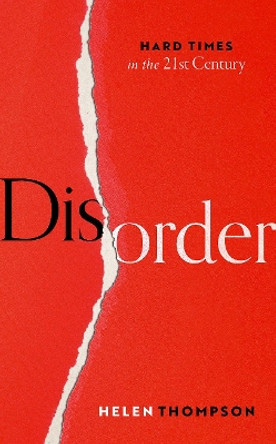Description
Demonstrates why elections fail to promote democracy when countries lack democratic experience and are held during civil conflict.
About the Author
Thomas Edward Flores is Associate Professor in George Mason University's School for Conflict Analysis and Resolution. His research has been published in the Journal of Politics, Journal of Conflict Resolution, and Review of International Organizations, among others. Irfan Nooruddin is the Al-Thani Chair in Indian Politics and Professor in the School of Foreign Service at Georgetown University. He is the author of over twenty scholarly publications including Coalition Politics and Economic Development (Cambridge, 2011).
Reviews
'Elections in Hard Times makes an important and original contribution to the democratization-by-elections debate, by offering a political economy perspective on questions of democratization. The scope of the project is ambitious, the argument is compelling, and the empirical analysis masterful. This will likely become a foundational text in the study of democracy and development.' Emily Beaulieu, University of Kentucky
'Flores and Nooruddin are tackling a crucial paradox plaguing countries of the Third Wave of democratization: holding competitive elections does not necessarily produce positive outcomes in all settings. The book raises provocative normative and policy implications that will resonate both inside and outside academia.' Jessica Fortin-Rittberger, Universitat Salzburg
'This is an ambitious and important manuscript that will be of interest to a broad swath of scholars in comparative politics, international relations, development, and political economy. It synthesizes and contributes to hugely influential research on the role of elections in democracy and authoritarianism, the relationship between democracy and development, and the causes of democratization. Their political economy-driven focus on the consequences of elections, combined with attrition to the neglected variable of whether newly elected incumbents have resources to provide public goods, Flores and Nooruddin are able to cut into the debate on political liberalization with fresh insights, new evidence, and careful theorizing. They show us exactly when the democratizing power of elections is likely to be limited, and what can be done to more effectively target international assistance in order to minimize harm and maximize the potential for democratic political change.' Susan D. Hyde, Yale University, Connecticut
'This volume by Flores and Nooruddin argues that elections are most likely to fail to strengthen democracy in countries with shallow stocks of experience of prior competitive contests, in weak states lacking fiscal resources, and in divided societies with a history of violent civil conflict. In other words, longstanding structural constraints limit attempts to hold democratic elections. Whether and how states can break out of this enduring legacy remains a complex and challenging issue. In an accessible and systematic manner, the authors provide fresh cross-national time-series evidence to support this plausible thesis, providing an invaluable contribution to the burgeoning research.' Pippa Norris, John F. Kennedy School of Government, Massachusetts
Book Information
ISBN 9781107584631
Author Thomas Edward Flores
Format Paperback
Page Count 298
Imprint Cambridge University Press
Publisher Cambridge University Press
Weight(grams) 480g
Dimensions(mm) 232mm * 154mm * 15mm







